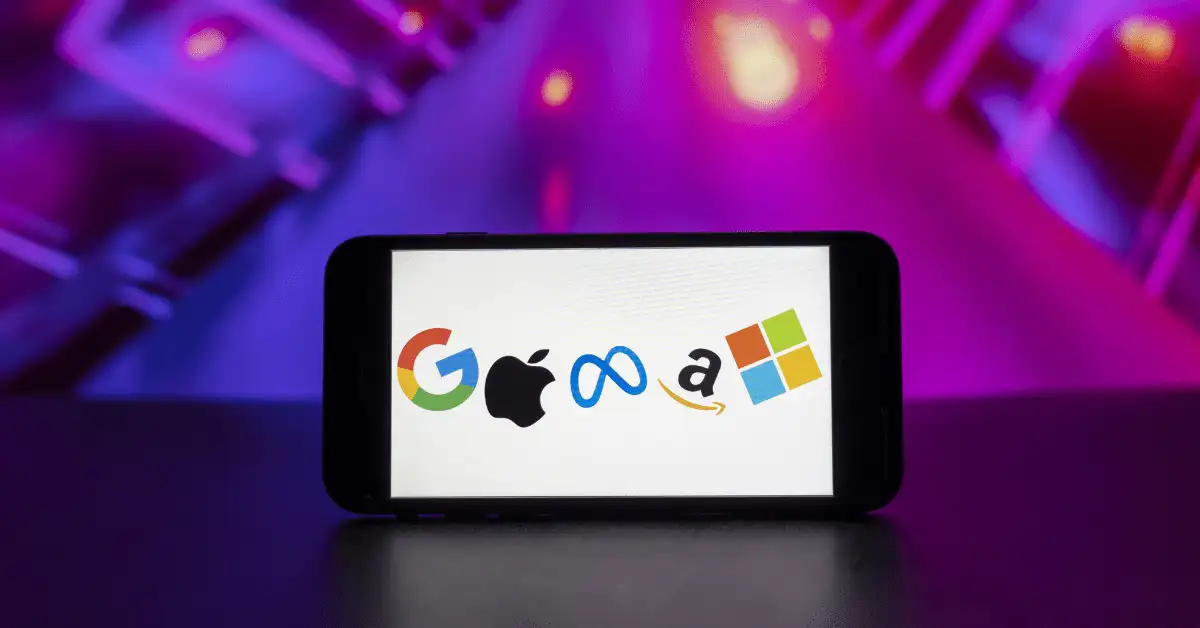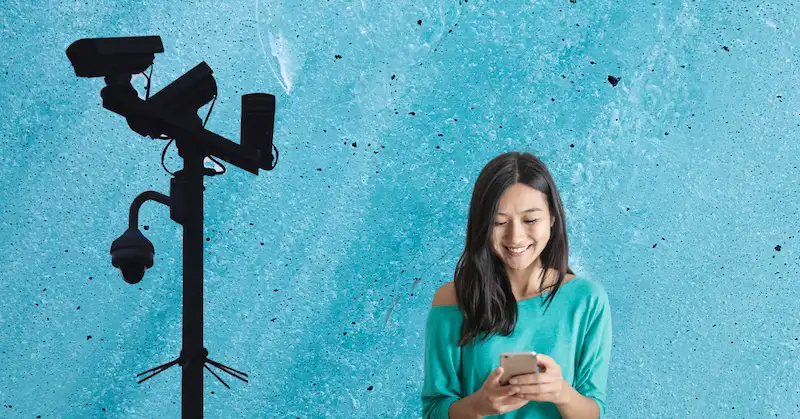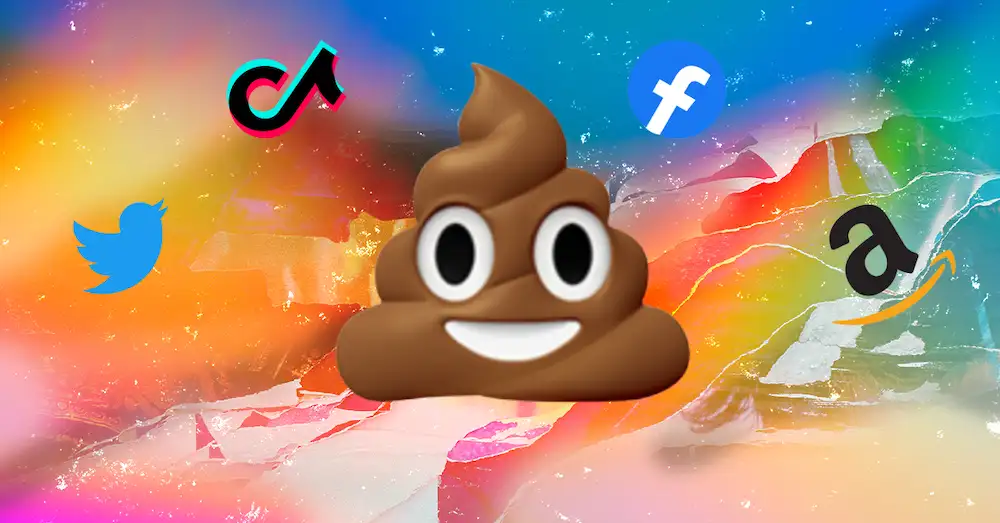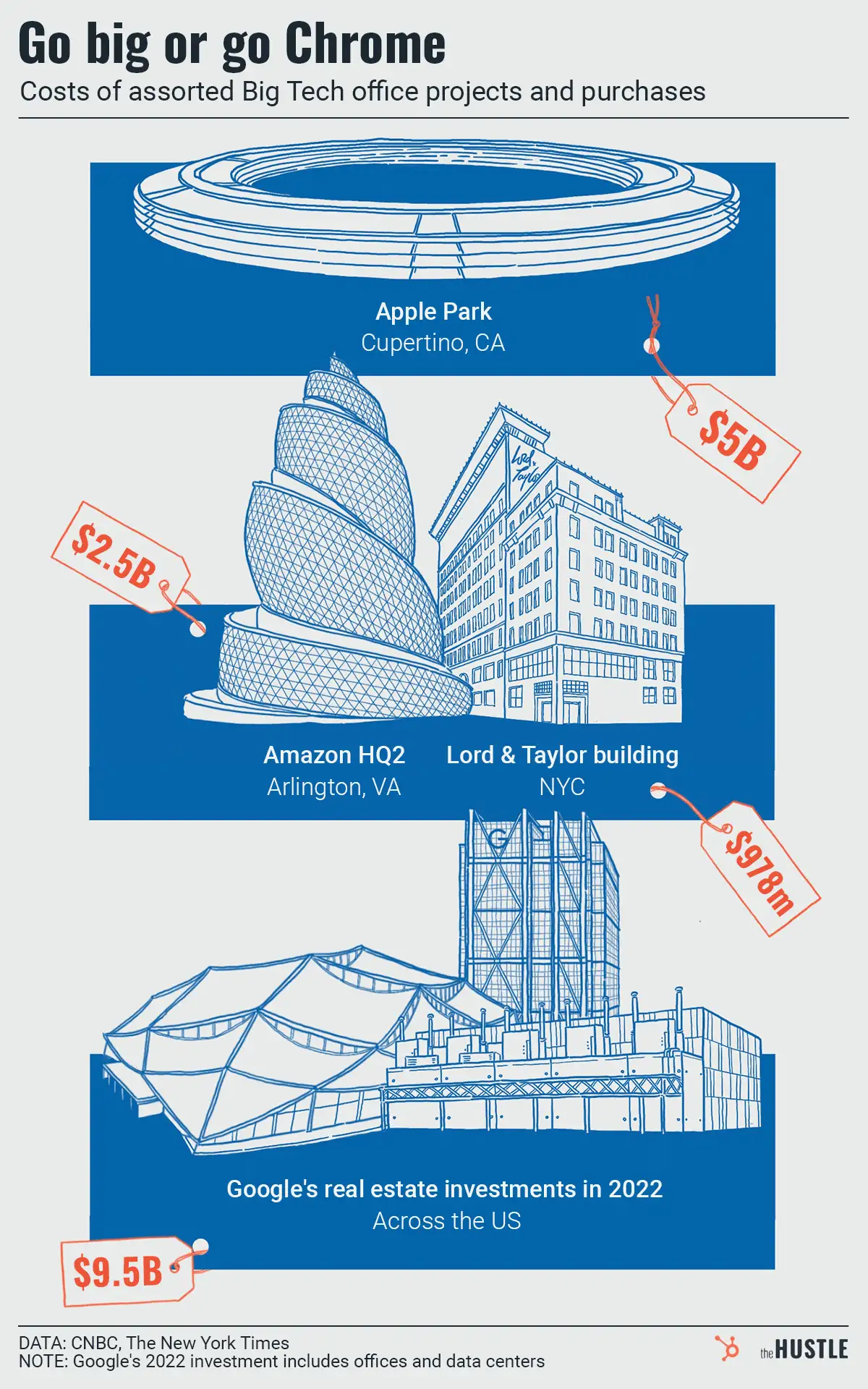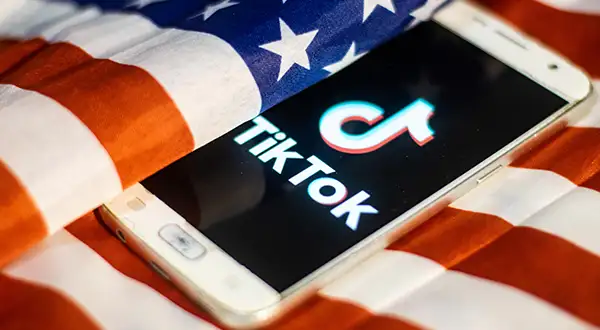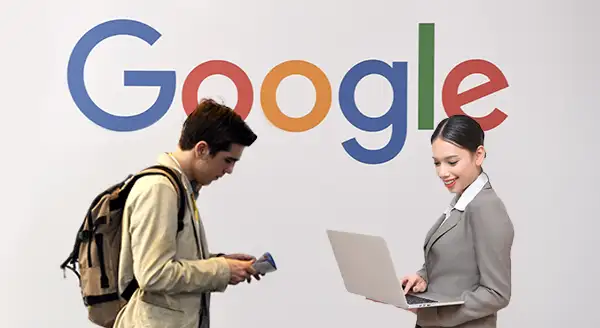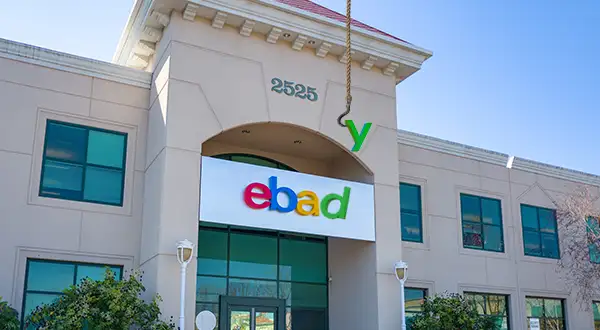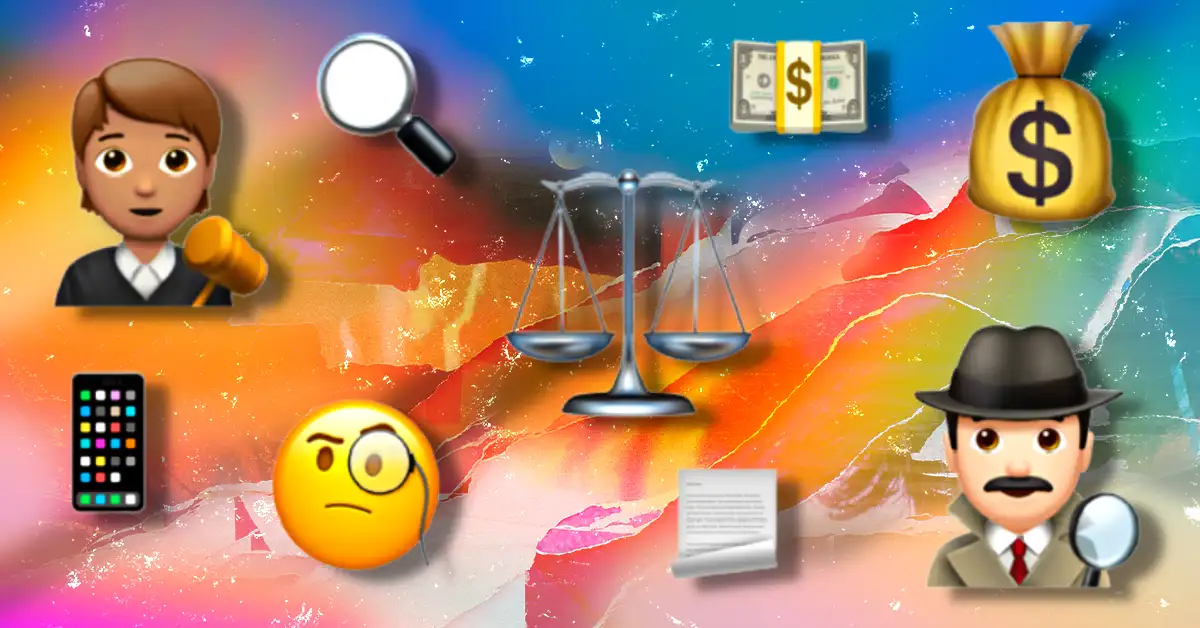Over the past decade, Google and Oracle have been waging a high stakes copyright battle.
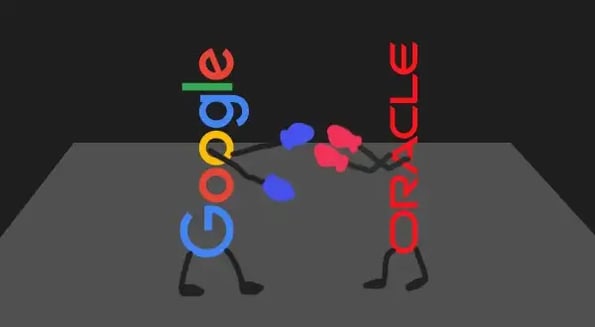
Here’s the pickle: Google used 11.5k lines of code from Oracle’s Java platform to build its mobile operating system (Android).
Android now runs 2B+ phones and Oracle sought as much as $9B in damages, per The Wall Street Journal.
On Monday, the Supreme Court voted in favor of Google
Here’s what happened:
- The Java technology in question was software that Oracle acquired from Sun Microsystems in 2010. Specifically, Google copied Java’s application programming interface (API) code, which are “prewritten packages of computer code” that allow programs and apps to talk to each other.
- Google used Java but said that it was within its fair use rights to do so.
Wait, isn’t the lack of copyright protection a bad thing?
In the case of APIs, not so much.
A number of startup companies — and even Google’s frenemy Microsoft — supported the search giant’s case.
The reason is that APIs are:
- reusable building blocks (think Stripe for payments or Twilio for SMS) that help startups and large corporations access crucial services without having to build from scratch or pay through the nose
- interoperable between different apps, which is beneficial to consumers
The film and publishing industries wrote in support of Oracle…
… concerned that the ruling could mean overly lax fair use applications of their content.
Per the Journal, the Supreme Court kept its ruling quite narrow and was focused specifically on Google’s use of Java for Android, deciding it only took “what was needed” (Google copied 0.4% of Java’s ~2.9m lines of code).
Furthermore, the court did not decide on whether APIs should be copyrighted at all, “given the rapidly changing technological, economic, and business-related circumstances.”
Ultimately, this is the trade-off:
- Broad copyright of APIs could stifle innovation
- The counter is that new startups can have their work poached by bigger players without compensation
Solving for this equilibrium means we’ll likely see many more of these types of code/API lawsuits in the future.



